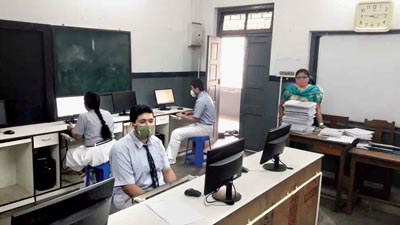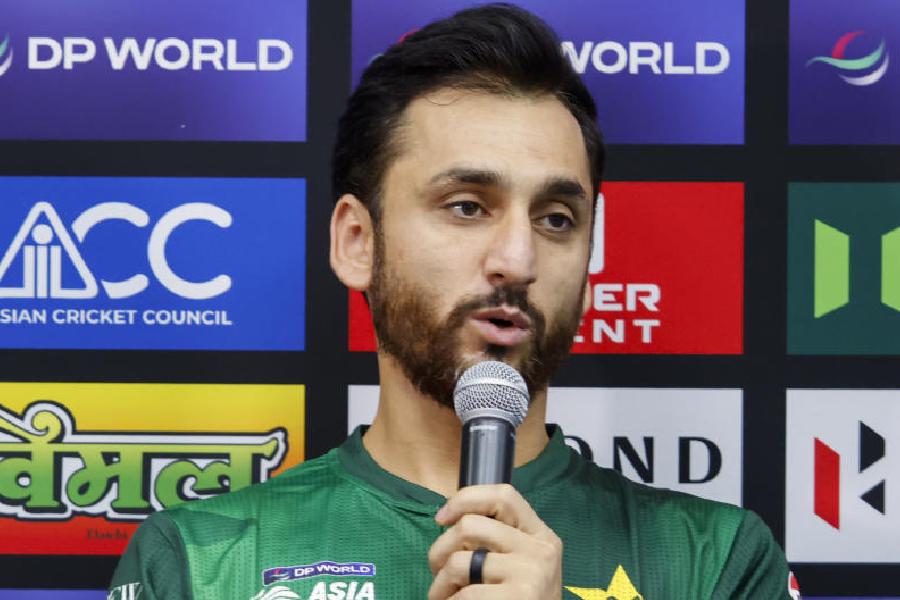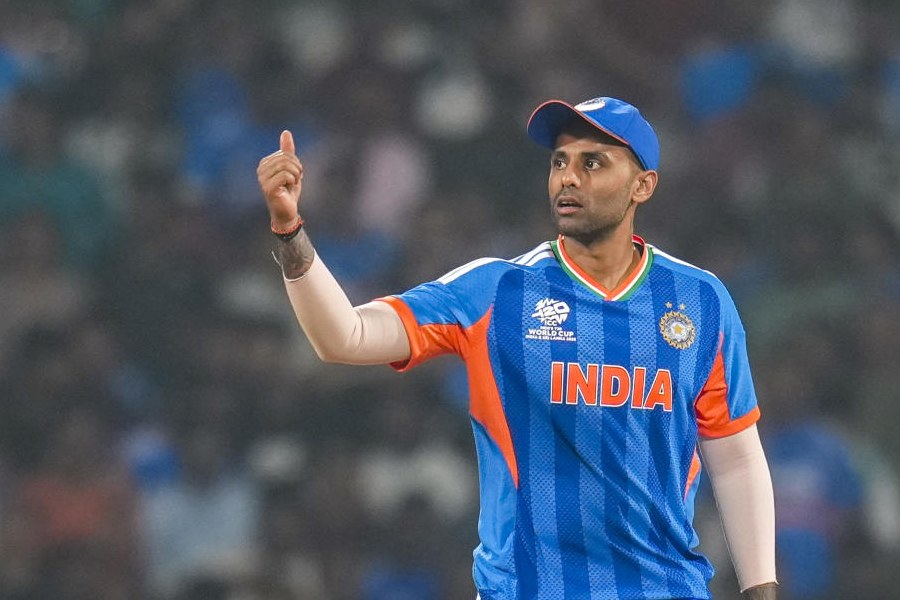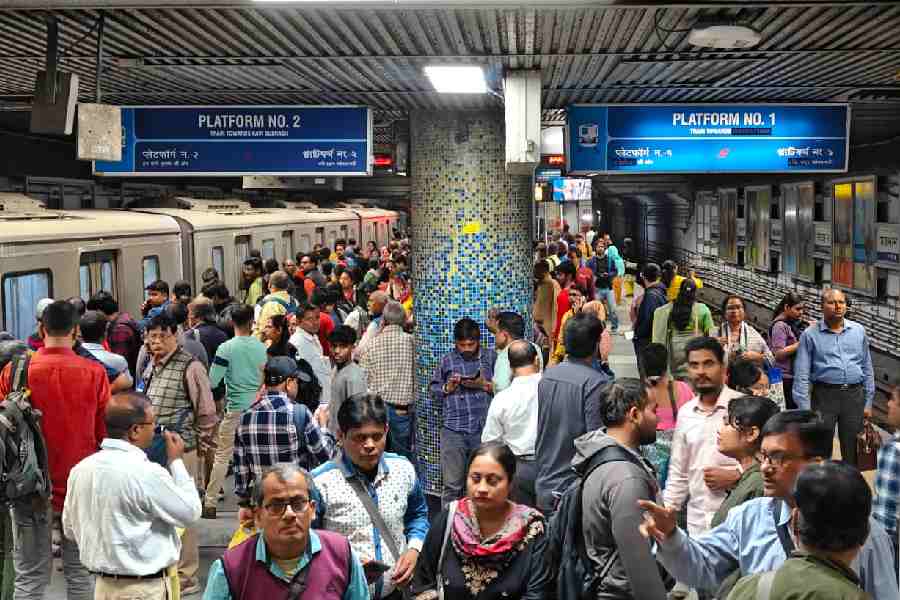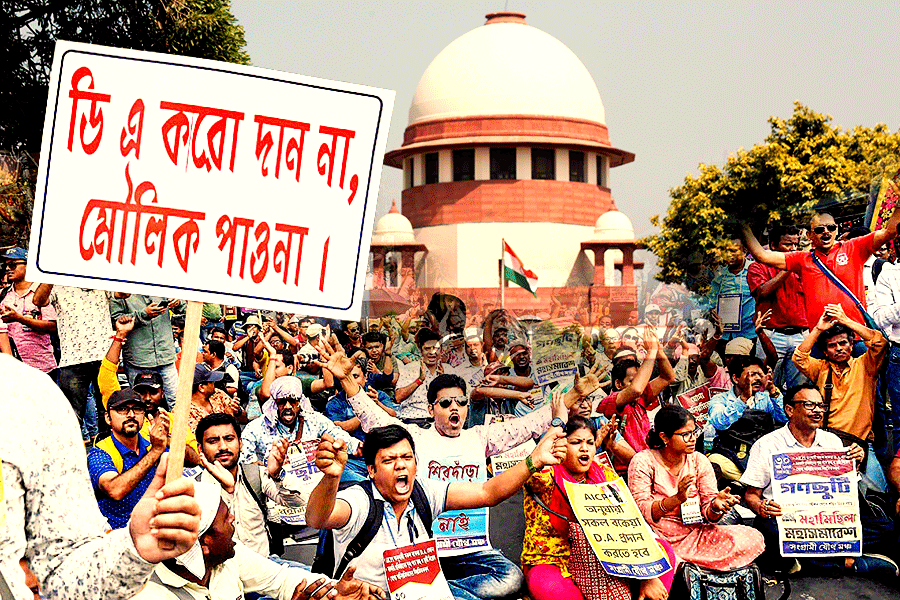Nearly half of India’s children attend private schools — this fact is central to policy and discourse on education in this country. What, however, is often left unsaid is that nearly 70 per cent of them go to ‘budget private schools’ and 45.5 per cent private school-goers attend institutions with fees less than Rs 500. Much has been written about how the pandemic has crippled education and institutions of learning by unveiling newer challenges: the exclusion of poor students from online classes is just one example of the latter. But the plight of certain schools — low-fee private schools — seems to have slipped through the cracks unseen. This is alarming given the vast constituency of students that they serve. The ability to pay even the meagre tuition fees charged by BPSs has dwindled with parents — daily wagers, small shop owners and cab drivers, among others — rendered unemployed or earning reduced incomes. Confusing directives from state governments to parents to stop paying fees to private schools when they are shut while, simultaneously, forcing managements to continue paying the salaries of teachers and staff has not helped the cause of BPSs. What have added to the financial burden of BPSs are requirements related to infrastructure — playground, library, classrooms, student-teacher ratio — that are mandated by policy formulated with the elite private schools in mind. Additionally, the National Independent Schools Alliance reports that the government has failed to reimburse “lakhs of crores” in fees for learners, adding to the woes of these lower-middle-rung schools. Unrealistic regulations often force BPSs to operate without due recognition, not only raising their risks of closure but also compromising the quality of education imparted. Students are the losers in both instances.
Strangely, policy remains blind to these issues. The National Education Policy makes no reference to BPSs; in fact, it scarcely acknowledges private schools except to say that parents need protection from commercialization and exploitation. Tarring all private schools with the same brush is problematic. The NEP also remains silent about the gaps in the Right to Education Act — low fee ceilings and infrastructure norms set by states — that weigh down these institutions. Dedicated structural reforms recognizing BPSs as a niche category ought to be the way forward. Is the new minister for education listening?

